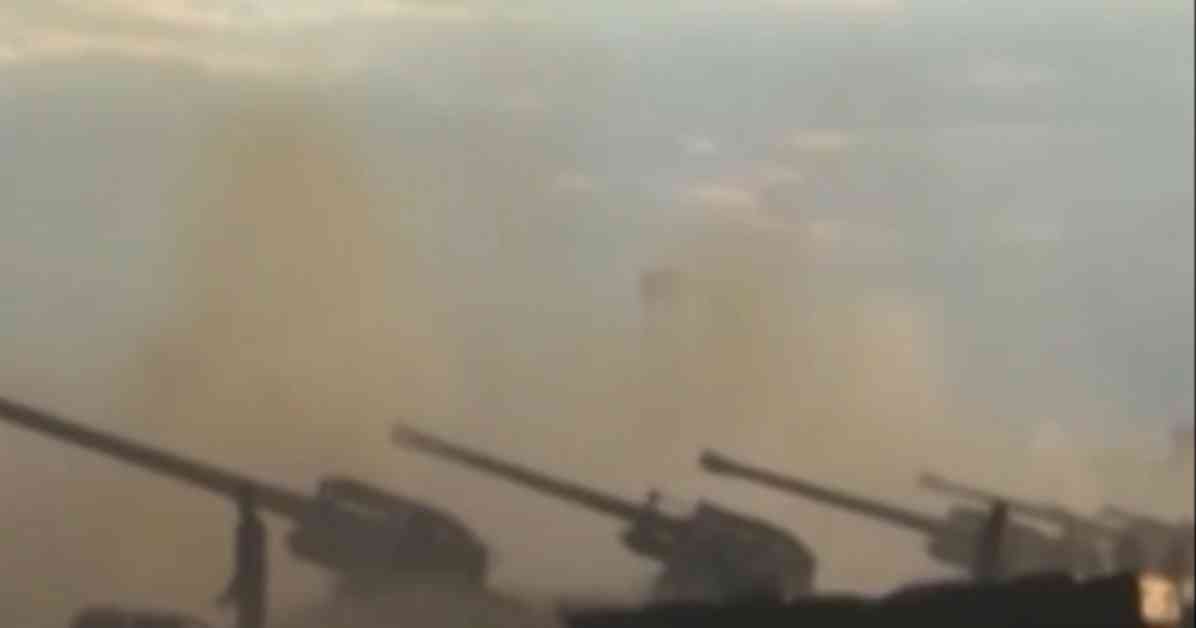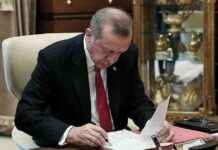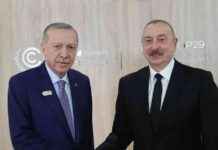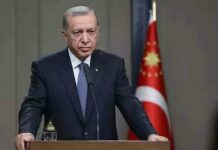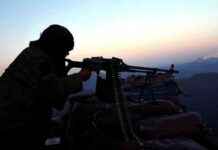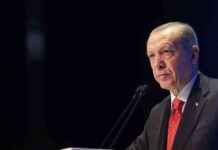Turkey to Withdraw Forces from Idlib – Sözcü Newspaper
Escalating Tensions in Idlib
In a shocking turn of events, Syrian President Bashar al-Assad announced the withdrawal of forces from Hama, emphasizing the move was to protect civilians. However, the conflict in the region will persist outside the city limits, raising concerns about the safety of the population amidst escalating hostilities.
Retired Major General Ahmet Yavuz expressed grave concerns about the implications of the withdrawal, labeling it as an unacceptable decision. Yavuz highlighted that such actions could signify the reluctance of the Syrian army to engage in combat effectively, hinting at possible sabotage within the regime by certain officers.
Implications of HTS Advance
Yavuz underscored the strategic significance of Hama for the Hayat Tahrir al-Sham (HTS) movement, predicting an influx of militants and the looting of weapon depots, leading to a substantial escalation in armament. He warned that the fall of Hama could pave the way for Humus’s capture, followed by a potential assault on Damascus, posing a significant threat to the Assad regime.
The rapid advancement of HTS forces towards strategic locations in Hama has put the Russian naval base in Tartus under imminent threat. Yavuz outlined Russia’s dilemma in deciding between bolstering support for Syria by deploying troops or opting for a diplomatic resolution to safeguard their military assets in Tartus.
Turkey’s Stance and Global Ramifications
As tensions escalate, questions loom over Turkey’s response to the potential rise of HTS in Damascus and its implications for regional stability. Yavuz speculated that Turkey may acquiesce to an HTS-controlled Syria, but cautioned against the proximity of a radical Islamist terrorist organization along the Turkish border, posing a grave threat to national security.
Moreover, the protracted Syrian conflict has incurred substantial financial costs for Turkey since 2011, making disengagement from the region a challenging prospect. Yavuz emphasized the need for Turkey to evaluate the demographic shifts in Syria to formulate a coherent response to the evolving crisis.
The Unfolding Conflict
HTS’s multifaceted assault from various directions has led to clashes with Syrian National Army units, exacerbating the humanitarian crisis in Hama. The military engagement has intensified, with aerial bombardments targeting opposition forces, slowing down their progress in the city.
Despite conflicting reports from the Syrian state media denying HTS’s incursion into certain neighborhoods, videos circulating on social media depict a different narrative, fueling skepticism about the regime’s control over the situation. The involvement of external actors, such as the Turkish-backed Syrian National Army, further complicates the conflict dynamics, underscoring the volatile nature of the situation in Idlib.
In the face of mounting tensions, the Turkish Ministry of National Defense reiterated its commitment to upholding Syria’s territorial integrity and combating terrorist organizations to ensure regional stability. The international community closely monitors the unfolding developments, recognizing the pivotal role of external stakeholders in shaping the outcome of the conflict in Idlib.
As the crisis in Idlib escalates, global powers must navigate complex geopolitical dynamics to avert a humanitarian catastrophe and prevent further destabilization in the region. The repercussions of the escalating conflict extend beyond Syria’s borders, underscoring the urgent need for diplomatic interventions to de-escalate tensions and restore peace in Idlib.

